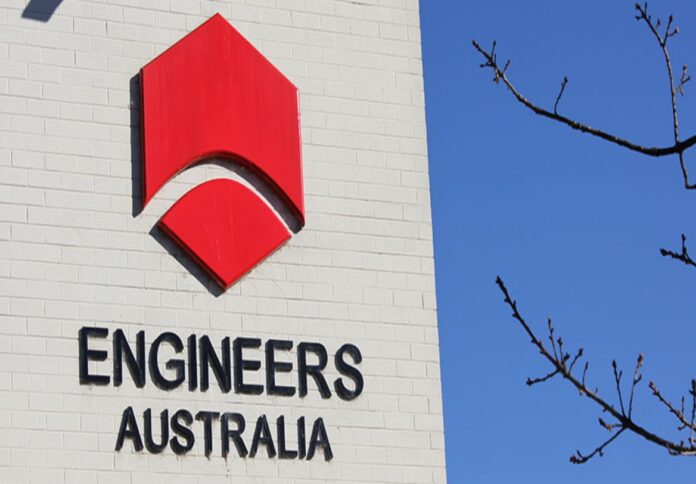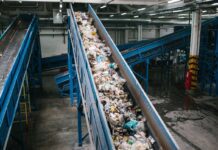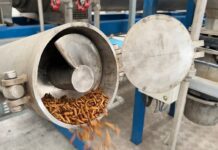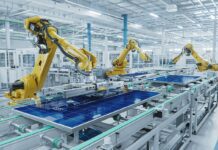
Australia is set to host the 2023 Climate Smart Engineering Conference (CSE23) at the Melbourne Convention and Exhibition Centre from 29 to 30 November.
The flagship event by Engineers Australia will feature prominent engineering and climate experts, focusing on crucial topics such as climate change, extreme events, biodiversity loss, circular economy promotion, and sustainable engineering practices.
Engineers Australia CEO Romilly Madew stated that since its establishment in 2021, CSE has evolved into a central hub for discussions and the exchange of knowledge.
She mentioned that CSE22, held last year, focused on guiding engineers through the intricacies of achieving net-zero emissions and facilitating the transition to a clean energy economy.
“The CSE23 plenary and technical programs will bring you the latest in world-leading views and engaging debate on solutions to address climate change, responding to extreme events, biodiversity loss, boosting the circular economy, and upholding the principles of sustainable practices in engineering,” Madew noted.
Engineers, according to Madew, play a crucial role in steering the implementation of mitigation and adaptation strategies to combat the severe impacts of global warming, while also innovating to deploy new technologies for a cleaner and more sustainable fuel and energy future.
According to Engineers Australia, the CSE23 Plenary Program boasts an array of compelling sessions, each offering valuable insights into various aspects of sustainability and engineering.
Best-selling author Dr Margie Warrell will delve into the concept that creating a more sustainable world requires courage, emphasising the importance of taking smart risks instead of just safe ones.
Zoe Whitton, managing director and head of Impact at Pollination, will explore the dominating transitions anticipated in the next few decades, drawing parallels with the transformative changes witnessed in the finance sector.
Dr Larry Marshall, former CEO of CSIRO, will discuss the crucial role of technology and innovation in achieving net zero emissions, reflecting on challenges and potential solutions.
Lisa McLean, CEO of Circular Australia, will shed light on Australia’s evolution toward a circular economy and the advantages for businesses adopting circularity as a core principle.
Prof John Thwaites, chair of Monash Sustainable Development Institute and Climateworks Centre, will assess the opportunities for circular economy intervention in circular design, the built environment, and innovation, questioning if we are on track for a more circular economy by 2030.
Additionally, a panel discussion will address the engineering skills shortage in Australia, analyzing strategies for education, recruitment, retention, skilled migrant participation, and demand forecasting.
On Thursday, 30 November, the focus will shift to the energy transition. Dr Alan Finkel AC will underscore the need for engineers to engage in the battle against climate change by designing and deploying technological solutions to replace fossil fuels.
Eytan Lenko, CEO of Boundless Earth, will explore challenges in decarbonising organisations and highlight the pivotal role engineers play in creating change-making organizations.
Lastly, Ruby Heard, director of Alinga Energy Consulting, will discuss the concept of a just transition, urging the adoption of Indigenous approaches in the energy transition for a more sustainable, equitable, and environmentally conscious future.




















